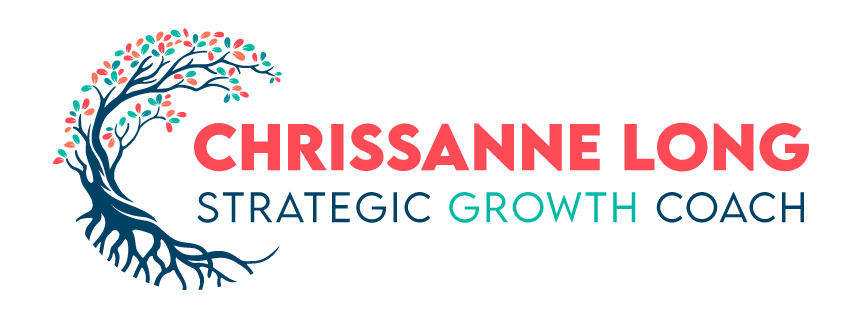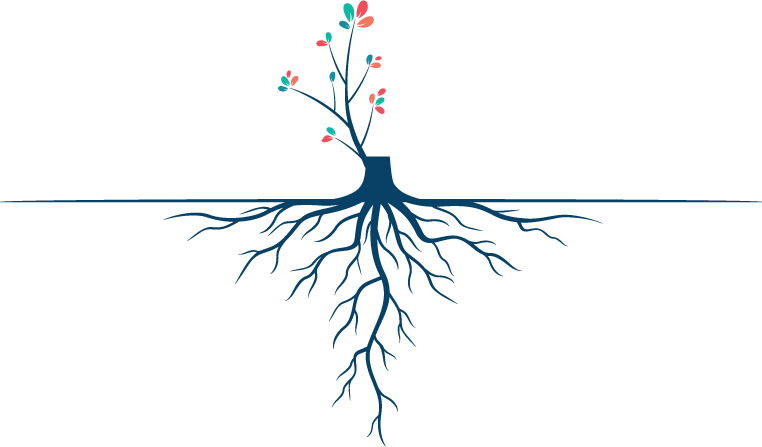Tuning out the Critics?
Make Sure it’s Not a Cop Out
“Don’t worry what other people think — you can’t make everyone happy,” has been common advice I have received in my life.
Admittedly, I am a bit more sensitive than apparently, most of the world, and I have needed to strengthen my thin skin over the years. So, I am not arguing that you can (or should) strive to make everyone happy.
However, since I come from the other extreme, I see this advice as both helpful and potentially dangerous.
Helpful, because of course, we need to be able to recognize that we will not be able to satisfy 100% of the world, 100% of the time. Even I agree that is unrealistic. 🙂
But the application of this logic is also dangerous because — especially in the business world and in the organizational leadership roles many people play — the attitude, if taken to the other extreme can result in a very cynical and isolated way of thinking, leading someone to the mindset, in which “My way or the highway,” becomes the way she thinks and acts.
Dismissing someone who disagrees with us, or failing to listen to constructive criticism, can be just as dangerous as worrying about what everyone thinks.
Creating a tribe that supports you, but also can share their concerns and carry on a healthy debate, without threatening you, or your trust is a sign of true leadership.
The trouble is, we’re so polarized and afraid of the critics throwing potshots from the sidelines, that we’re likely losing valuable insight from some people who might have a valid point, and simply want to help you see the gap that you might not realize exists.
So, while I agree, and personally continue seeking a balance between these two ideals, I caution against completely dismissing someone’s viewpoint that contradicts your own. In fact, I have found the best way to address this is to ask trusted advisors (outside the organization, or at least distanced from the decision-making) for their opinion.
Seeking input from a different perspective, and consistently trying to see things from the other side, can prevent all or nothing thinking from pervading the culture of the organization.








